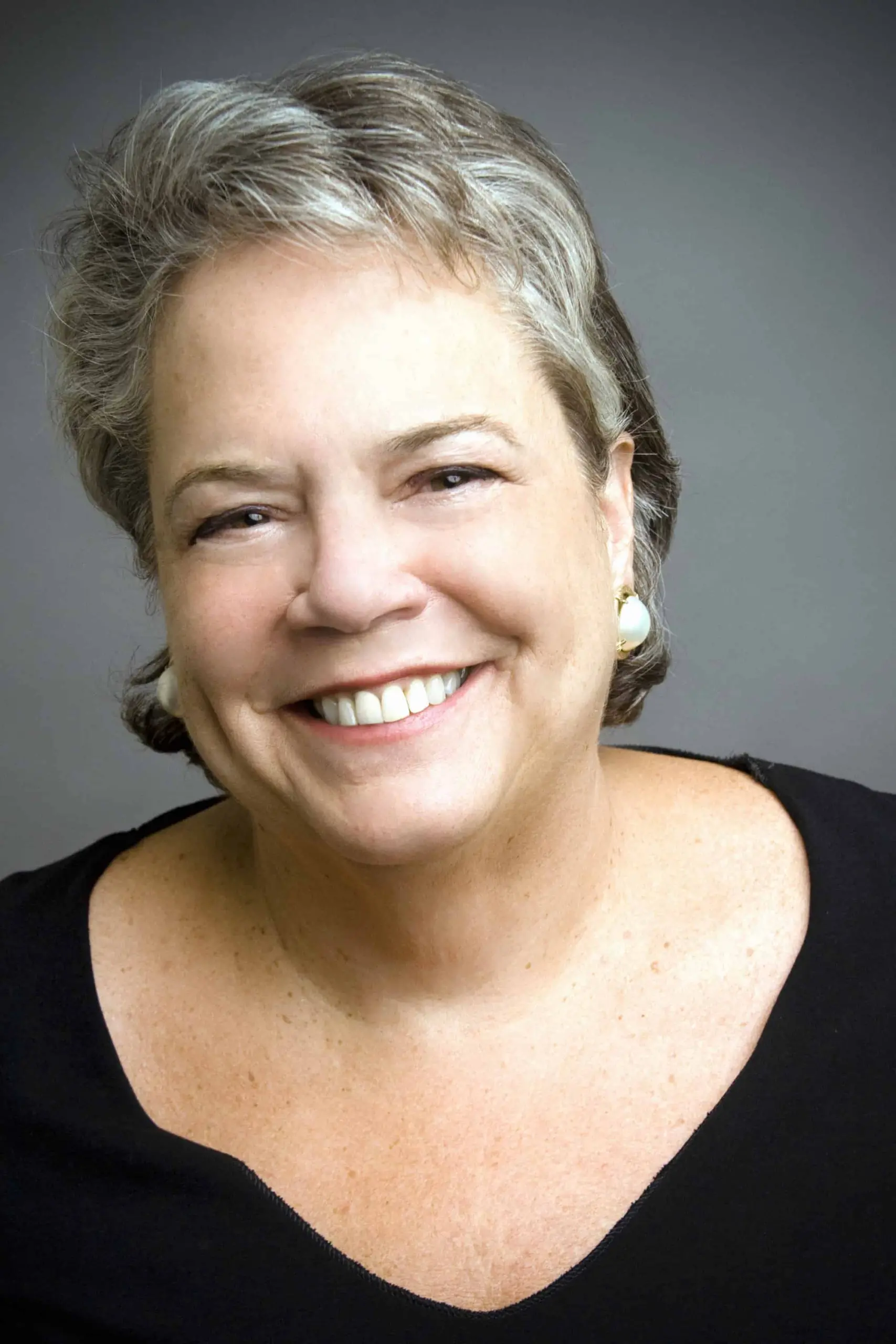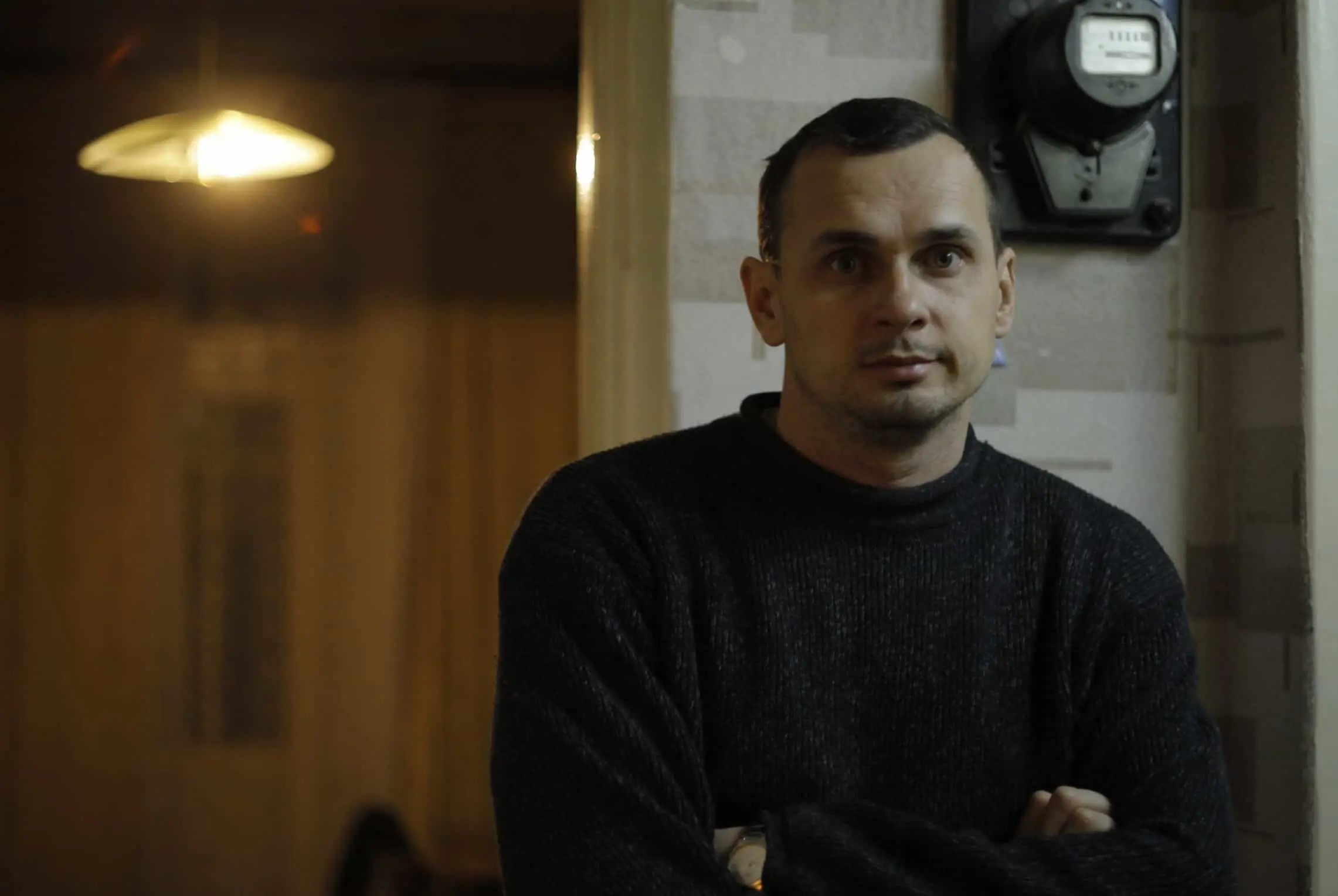Eskinder Nega is the winner of the 2012 PEN/Barbara Goldsmith Freedom to Write Award. Nega delivered the following remarks at the 2018 PEN America Literary Gala, with an introduction from PEN America President Jennifer Egan.
Jennifer Egan
Thank you for helping PEN America draw attention to Wa Lone and Kyaw Soe Oo’s unjust imprisonment.
Our collective voices and our actions on behalf of writers do, in fact, make a difference.
Some of you were in this room six years ago when we put the same spotlight on Eskinder Nega, who was serving the first year of an 18-year prison sentence in Ethiopia. His crime was being a journalist critical of the government.
In February of this year, we jubilantly celebrated Eskinder’s release and immediately sought a visa so that he could reunite with his wife and son here in the United States.
But weeks later, Eskinder was re-arrested at a private gathering of journalists and bloggers. He was thrown into a five-by-eight meter cell with 200 other prisoners. Once again, we raised our voices and mobilized our networks to demand his release.
And tonight, Eskinder is free.
And better yet, he is with us in this room. Ladies and gentleman, please welcome the 2012 PEN Freedom to Write Award winner, Eskinder Nega!
Eskinder Nega
Let me start by saying thank you to PEN America for giving me this opportunity to speak on behalf of the oppressed, of voiceless, not just in Ethiopia but those of use throughout the world. For the cause of freedom anywhere is the cause of freedom throughout the world. And in this spirit, I would like to express solidarity with the Chinese people, who, depsite thousands of years of history, have yet to taste freedom. I say to the Chinese people, ‘You, too, shall be free one day. And you, too, shall one day enjoy the freedom to write. It’s only a question of time.’
One of things I still distinctly remember from my readings in prison is what Aristotle said as he fled Athens. “I shall not allow Athens,” proclaimed Aristotle, “to commit a crime against philosophy for a second time.” And yes indeed, as Aristotle said, the Athenians had committed a crime against philosophy by executing Socrates, and they were posed to repeat it by killing Aristotle, but the greater crime they committed through Socrates, I think, was not against philosophy but rather against freedom of expression.
More than two thousand years later, I would have thought the world would have learned from the mistake of the Athenians and moved on. But alas, this has not been the case. We live in the age of paradox. On the one hand, we have countries, amongst them the U.S., home of the First Amendment, where freedom of expression has come to be taken for granted, and on the other, Ethiopia, my country, where the freedom to express oneself without restraint, without reprisal, is still an elusive ideal, still distant as the stars.
And in this world of two realities, I ask whether those who are free have an obligation towards those of us who are not free. And I say they do. This obligation is not legal but voluntary and moral, and it could be phrased thus: Those who are free should help those who are not free to free themselves. Freedom is a universal urge, innate to all humans irrespective of their differences, whether those differences should be racial, religious, cultural, or anything else. In the prizes I received from PEN America, I see the solidarity of the free to those of us who are not free. I see the triumph of our common humanity over our differences. I see our common destiny, which is that of freedom for all humanity. Thank you, PEN America. Your support has helped to sustain me during very difficult times. And the thought of your continued support keeps me going. We are waging the good fight. This fight must be fought to the very end, until all humanity is free from tyranny.
God bless you. I thank you.




